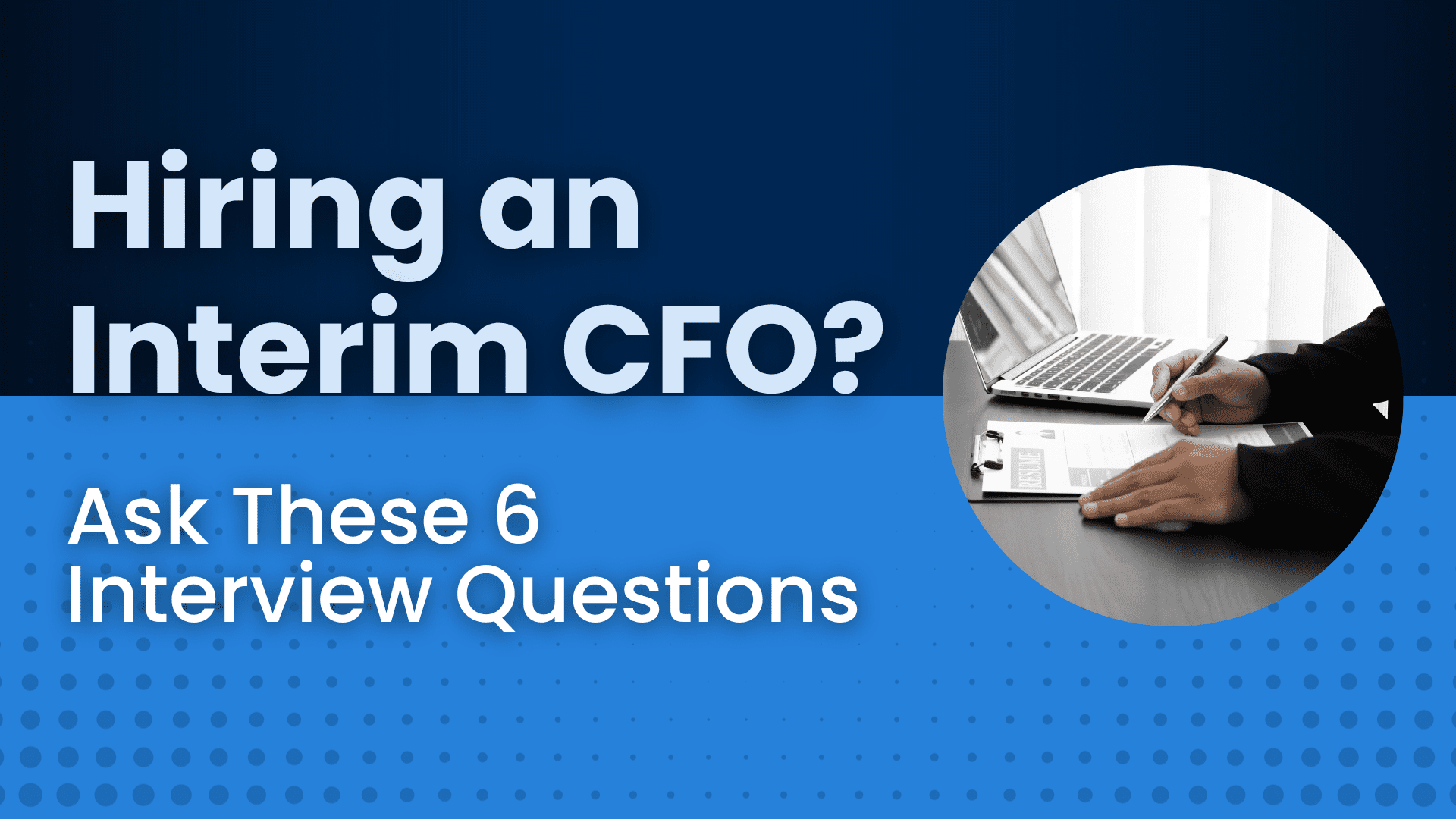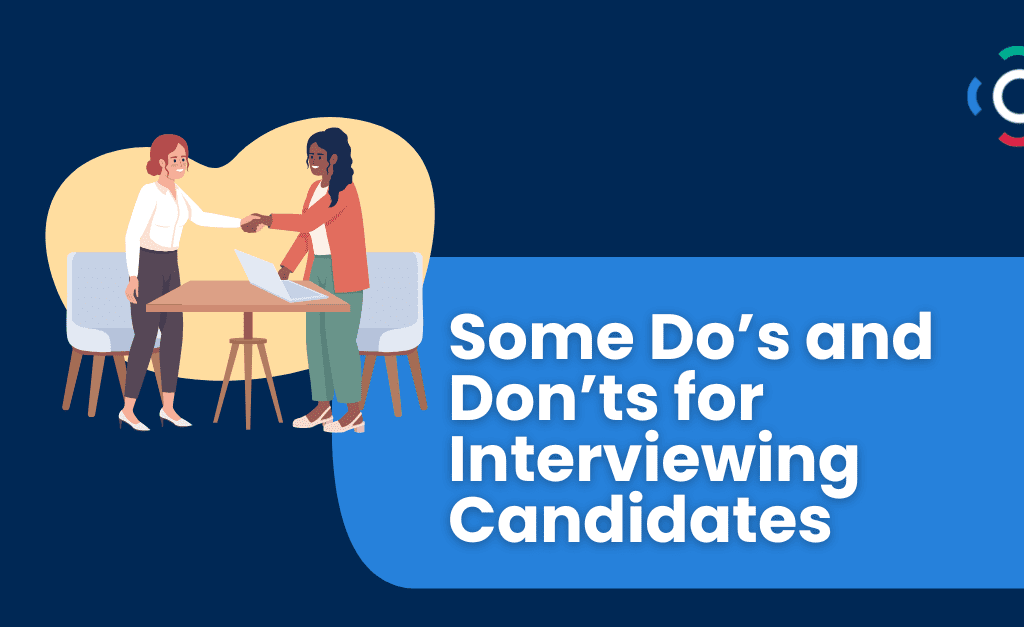Where job interviews are concerned, some questions are not only better left unanswered – they shouldn’t be raised at all. Here are some things you don’t want to ask during an interview.
In a job interview, the questions you ask can be nearly as important as the answers you give. That’s why it’s vital for candidates to have armed themselves with some thoughtful, intelligent questions, so that they’re not caught unawares when they hear: “is there anything you wanted to ask us?”
But there are sins of omission, and then there are sins of commission. The right questions can serve as an exclamation mark to an impressive interview, demonstrating that you’re smart, capable, and serious about the position. Ask the wrong questions, on the other hand – the poorly thought out or tasteless sort – and your application will be reassigned from the “maybe” to the “no” pile faster than you can say “employment insurance.”
To keep you from sabotaging your own chances by asking the wrong questions, here are some landmines you should steer clear of at your next interview.
“How much will I make?”
Until you’ve been offered the job or unless the employer has introduced the subject of your remuneration, you are best off keeping the all-important salary question on hold.
Certainly, it’s important to know how much an employer is willing to offer for your talents, in order to gauge whether the position is right for you, as well as to determine the level of responsibility the company may be entrusting you with. (It’s even more crucial for you to be able to answer questions about your own salary expectations.) But asking about the pay outright or before the employer has brought it up makes you look unsophisticated. It may also send the message that you’re only there for the money.
If you’re dying to know roughly what kind of compensation you can expect, there are ways for you to figure that out before the interview. Look at similar job listings online to establish the salary range, and search crowdsourcing sites like Glassdoor, PayScale.com, and Salary.com. Or better yet, speak with a recruiter, to get an idea of the going rates of compensation for specific positions, professions, and industries.
“What’s your vacation policy?”
It’s tacky to ask about time off from a job that you haven’t even started or been offered yet. Again, your commitment to the job, along with your overall motives, will be called into question if you seem overly eager to, well, not work (and on the company dime at that).
If and when you’re offered the position, your vacation time, sick days, and benefits will all be revealed in due course. So just sit tight and keep your visions of a tropical week on the beach to yourself.
But asking about the pay outright or before the employer has brought it up makes you look unsophisticated.
“Can I do this job from home?”
Depending on the position as well as the specific culture of the company, telecommuting may very well be an option. But by bringing it up in the interview, you may unwittingly be drawing attention to your desire not to go into the office.
This, in turn, can raise a whole host of doubts about your suitability for the position. The hiring manager might start asking themselves: “does this person not get along well with others? Do they have a problem with authority, which would make them want to avoid direct supervision? Are they trying to get away with sleeping in until noon?” And so on. Not exactly the impression you want to leave at the end of an interview.
“What exactly does your company do?”
A large part of preparing for an interview involves researching the business and industry, and developing a thorough understanding of both, along with how they operate and what your role would entail. In short, you should never have to ask what a company does in an interview. Doing so will announce to the employer that you haven’t done your due diligence.
While you can ask specific questions that show you’re attuned to the nuances of the industry (i.e., “I’ve noticed your company uses X software – when did you switch over to that platform?”), at the end of the day most employers are looking to hire someone who will be a good fit with the rest of the team and company . Getting too bogged down in technical details about the job probably won’t help your case much.
“When will you be making your decision?”
Simply put, this question is amateur and tacky. Even if the anticipation is killing you, or you have a competing offer on the table that you need to respond to, you’d be very much advised to let sleeping dogs lie on this one.
…you should never have to ask what a company does in an interview. Doing so will announce to the employer that you haven’t done your due diligence.
“What are the other candidates like?”
It can be frustrating to be in the dark about how many people you’re up against for a job (especially if you’ve made it to the second round of interviews), or to have no sense of the competition (whether they’re more or less qualified than you are).
Still, asking about your fellow interviewees can come across as petty and unprofessional on your part.
“What kind of hours will I be expected to work?”
Much like the “can I work from home?” query, this question suggests to the employer that your commitment to the job may be below average. Regardless of your intentions, it can make it seem as if you’re hoping to only put in the bare minimum, and would be averse to working longer hours, if a project required additional effort.
“How did I do?”
Feedback can be crucial to your growth as a candidate. Just make sure, however, not to ask for it during, or even directly after, the interview itself. Why? You can appear needy and high-maintenance, which is not the note on which you want to end an interview. And besides, in all likelihood the employer lacks both the time and energy to immediately debrief every candidate about how they fared.
However, you can – and indeed, should – solicit feedback if you’re passed up for the job. At that point, getting a sense of both where you shined and where you struggled is a smart professional move, and will help improve your odds for the next interview.
Succeeding in an interview can be as much about not saying the wrong things as it can be about saying the right things. Avoid poorly thought-out or tasteless questions like the above, so that the employer’s final impression of you is a strong and positive one. If you can refrain from putting your foot in your mouth, you can use it to lap the competition instead.
Let us know what you think! At Clarity Recruitment, we’re always interested in hearing from accounting and finance professionals like yourselves, who are ready for new, exciting opportunities that can take their careers to the next level. And be sure to follow us on Twitter (@clarityrecruits) and connect with us on Facebook for more great tips and advice!



